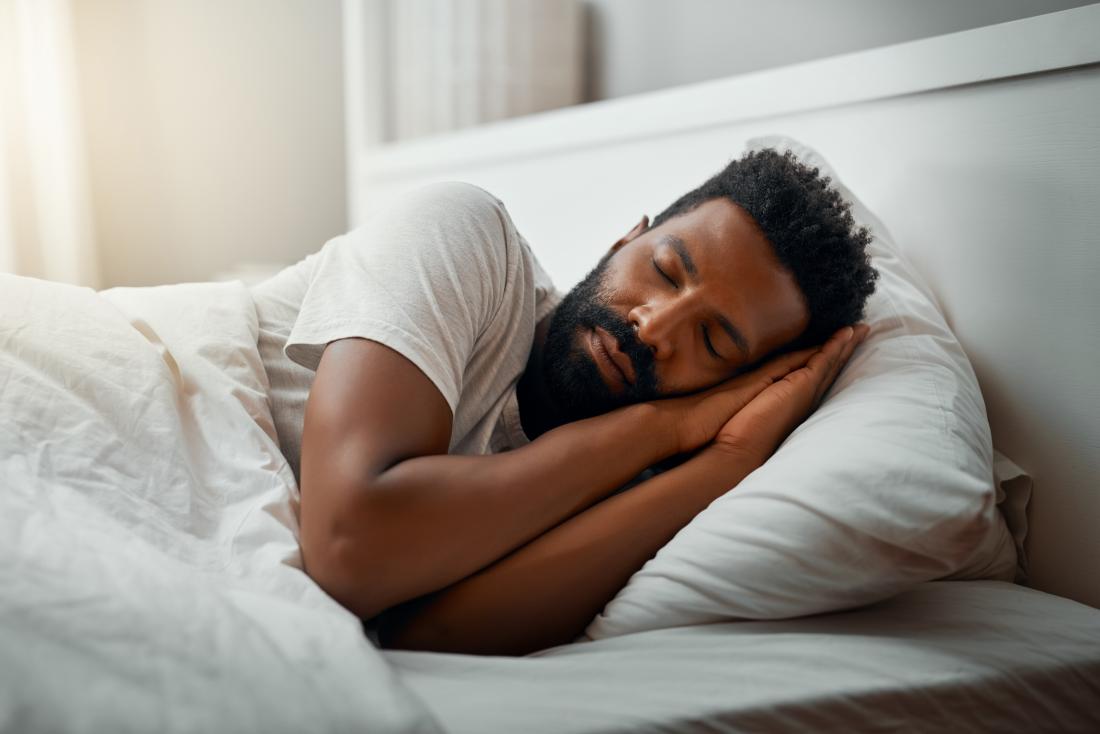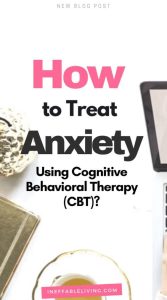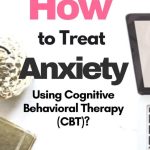🧠 Is Xanax for Sleep or Anxiety? Let’s Break It Down
🧬 Introduction
Let’s face it: we all have those nights where sleep just refuses to come or moments when anxiety takes the wheel. And somewhere in that haze, someone probably suggested, “Why not try Xanax?” But wait — is Xanax meant for sleep, anxiety, or both?
In this article, we’ll explore the true purpose of Xanax, its effectiveness, how it works, and what you really need to know before reaching for that little pill. xanax for sleep
💊 Understanding Xanax (Alprazolam)
📌 Classification as a Benzodiazepine
Xanax, known generically as alprazolam, belongs to the benzodiazepine family. These medications are central nervous system depressants, often used for calming nerves and reducing overactivity in the brain.
🧠 How It Works in the Brain
Xanax boosts the effect of a neurotransmitter called GABA (gamma-aminobutyric acid). This chemical acts like your brain’s natural brake system. When GABA is enhanced, you feel more relaxed, less anxious, and sometimes, pretty sleepy.
⏳ Short-Acting vs. Long-Acting Effects
Xanax is short-acting, which means it kicks in fast — typically within 15 to 60 minutes — but doesn’t last very long (about 4–6 hours). That’s why it’s often prescribed for acute anxiety or panic attacks.
🧘♀️ The Core Function – Treating Anxiety
🔍 What Types of Anxiety Disorders Xanax Treats
Doctors usually prescribe Xanax to treat:
-
Generalized Anxiety Disorder (GAD)
-
Panic Disorder
-
Social Anxiety Disorder (off-label)
⚡ How Fast It Relieves Symptoms
One of the reasons Xanax is so widely used is its rapid relief. When anxiety hits like a truck, Xanax steps in quickly to calm the storm.
❤️ Why It’s Popular for Panic Attacks
For those experiencing full-blown panic attacks, Xanax can feel like a life-saver. It slows down the body’s fight-or-flight response almost immediately.
🛌 Can Xanax Be Used for Sleep?
🌙 Off-Label Use for Insomnia
Yes, Xanax can be used to help with sleep, but this use is considered off-label. That means it’s not the primary purpose approved by the FDA.
😴 How It Helps Induce Sleep
Since it calms the nervous system, Xanax can:
-
Help you fall asleep faster
-
Reduce nighttime awakenings
-
Ease stress-related insomnia
⚠️ Is It Safe as a Sleep Aid?
Here’s the catch — while Xanax might knock you out, it’s not the safest or most sustainable option for sleep due to risk of dependency, tolerance, and withdrawal.
💤 Xanax for Sleep vs. Other Medications
💊 Comparing Xanax with Ambien
-
Ambien is specifically designed for sleep and has fewer long-term risks.
-
Xanax is better for short-term anxiety-induced insomnia.
🌿 Xanax vs. Melatonin or Natural Remedies
-
Melatonin works with your body’s natural clock.
-
Xanax overrides it with sedation.
So, for daily use? Natural wins.
⏳ Which Works Better Long-Term?
If sleep is your only issue, Xanax isn’t a long-term fix. Stick to medications tailored for insomnia or behavioral solutions.
⚠️ Risks and Side Effects
🔗 Dependency and Addiction
Using Xanax regularly can quickly lead to tolerance, where you need more to feel the same effect — a slippery slope toward addiction.
😵 Common Side Effects
-
Drowsiness
-
Confusion
-
Dizziness
-
Memory issues
-
Mood swings
🔁 Rebound Insomnia or Anxiety
Ironically, stopping Xanax abruptly can cause rebound symptoms, making your anxiety or insomnia worse than before.
🧯 Long-Term Use Considerations
📆 Is It Safe to Use Xanax Daily?
Short answer: No. Xanax isn’t designed for daily use. It’s better reserved for occasional use under medical supervision.
🛌 Risks of Long-Term Sleep Aid Use
-
Cognitive impairment
-
Mood disturbances
-
Dependence
⚡ Tapering Off and Withdrawal
Never stop Xanax suddenly. Withdrawal can include seizures, rebound anxiety, and insomnia. Always taper under a doctor’s guidance.
📏 Dosage and Administration
💡 Standard Dosing for Anxiety
-
Typical: 0.25–0.5 mg, 3x daily
-
Max: 4 mg/day
🛏️ Adjustments When Used for Sleep
Sleep-related doses are generally lower and taken right before bedtime.
⏰ When to Take It
Best taken:
-
For anxiety: When symptoms arise
-
For sleep: 30–60 minutes before bed
🍷 Interactions with Other Substances
🚫 Alcohol and Xanax
Combining the two? Big no-no. It can depress your respiratory system and even lead to death.
⚠️ Mixing with Sleep Medications or Antidepressants
Can cause sedation overload, confusion, or even overdose.
💊 Dangerous Combinations to Avoid
-
Opioids
-
Alcohol
-
Other benzodiazepines
-
Antihistamines (in excess)
📜 Legal and Prescription Guidelines
👨⚕️ Can You Get Xanax Specifically for Sleep?
Technically yes, but doctors rarely prescribe it just for insomnia unless anxiety is also present.
📋 What Doctors Typically Prescribe It For
-
Panic disorder
-
Acute anxiety episodes
-
Anxiety-related insomnia (off-label)
🧴 Is It Available Over-the-Counter?
Nope. You’ll need a prescription — and rightly so, due to its abuse potential.
🚫 Who Should Avoid Xanax?
💉 Health Conditions That Make It Risky
-
Liver/kidney disease
-
Sleep apnea
-
Depression or substance abuse history
👴 Age-Related Cautions
Elderly folks may experience:
-
Falls
-
Memory loss
-
Confusion
🤰 Pregnant or Breastfeeding Individuals
Xanax can harm the baby — always talk to your doctor first.
🌿 Natural Alternatives to Xanax
🍵 Herbal Remedies
-
Chamomile tea
-
Valerian root
-
Lavender oil
🧠 CBT and Therapy Options
Cognitive Behavioral Therapy (CBT) is often more effective long-term than medication.
🧘 Meditation and Breathing Exercises
Simple practices like box breathing and guided meditations can be surprisingly powerful.
🧾 Final Verdict: Sleep or Anxiety?
Xanax is primarily designed for anxiety, especially panic-related disorders. While it can help with sleep, it’s not a recommended long-term solution for insomnia due to the risks of dependence, tolerance, and withdrawal.
If you’re dealing with both anxiety and sleep issues, talk to your doctor. There may be better, safer options that treat both problems more effectively.
🔚 Conclusion
So, is Xanax for sleep or anxiety? Officially, anxiety is the main reason it’s prescribed. But yes, it can help you sleep — if used cautiously and temporarily. Before you lean on it as your go-to sleep aid, explore the other options and talk to a medical professional about what’s best for you.
❓ FAQs
Q1: Can I use Xanax occasionally to sleep?
Yes, but only with a doctor’s guidance. It’s not a long-term sleep solution.
Q2: Is it safe to take Xanax every night?
No, nightly use can lead to dependency and worsening insomnia or anxiety.
Q3: Will Xanax cure anxiety permanently?
No, it only manages symptoms short-term. Therapy and lifestyle changes offer better long-term outcomes.
Q4: What’s the difference between Xanax and sleeping pills?
Xanax is for anxiety and has sedative effects; sleeping pills are made specifically for sleep disorders.
Q5: Can I drive after taking Xanax?
Absolutely not. It impairs reaction time, judgment, and motor skills.
Please don’t forget to leave a review.
Explore more by joining me on Patreon











